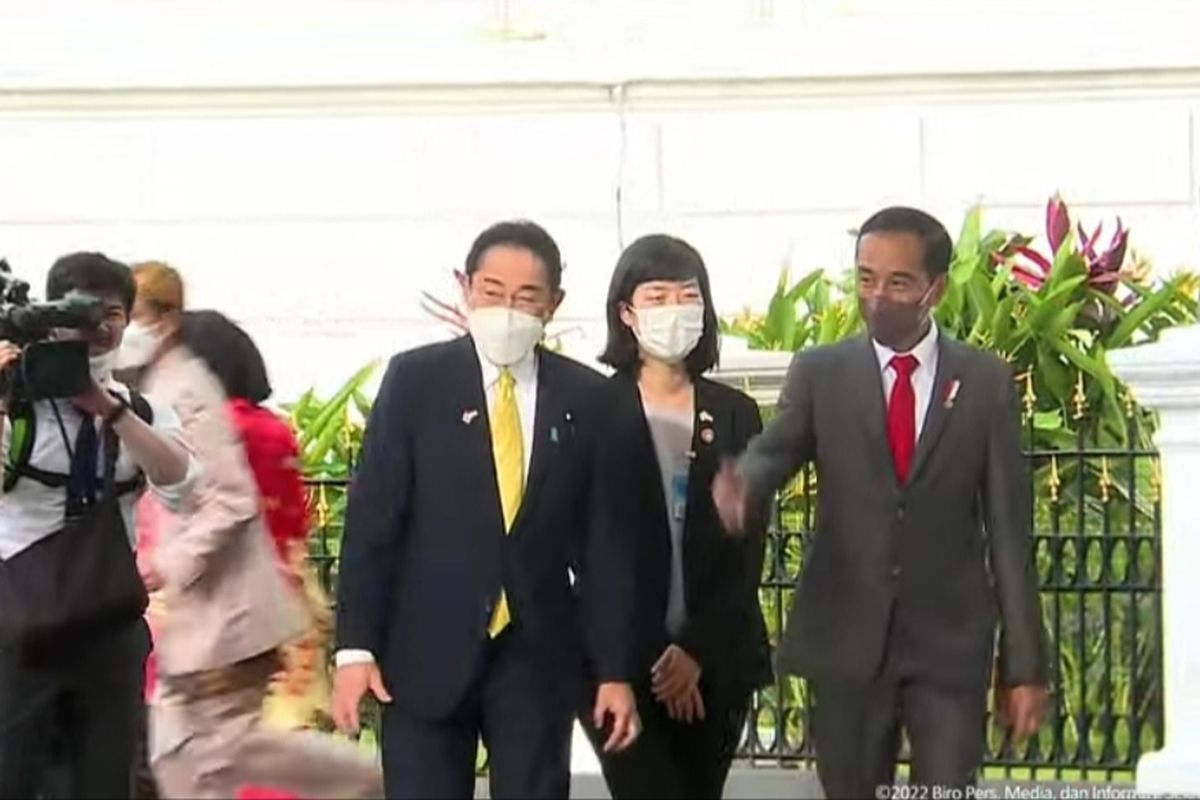
TAIPEI, KOMPAS.com — Japanese Prime Minister Fumio Kishida this week used what has become a customary tour of Southeast Asia to rally support for sanctions on Russia and affirm his country’s commitment to defending freedom of navigation in the South China Sea.
By visiting Indonesia, Vietnam, and Thailand midway through his first year in office, Kishida was following in the footsteps of his two immediate predecessors, Shinzo Abe and Yoshihide Suga.
“Thailand is likely for economic reasons,” explained Hsi-hsun Tsai, associate professor at Tamkang University in Taiwan. “Suga previously only visited Vietnam and Indonesia. This time, Kishida visited Indonesia, Vietnam, and Thailand. Of these, Indonesia and Vietnam are bordering the South China Sea and promote freedom of navigation.”
Unlike his predecessors, however, Kishida was as much preoccupied with Russian aggression in Ukraine as with Chinese behavior in Asian waters.
Japan considers Russia’s unprovoked war as a move that “shakes the foundation of international order not only in Europe but also in Asia,” according to a foreign ministry statement issued just a day after Russian troops rolled into Ukraine on February 24.
Also read: Japan Thanks Indonesia for Scrapping Coal Export Ban
A major purpose of Kishida’s trip, said Kei Koga, assistant professor at Nanyang Technological University in Singapore, is to call on the international community to unite against such acts.
“The three countries are increasingly influential in ASEAN, so Kishida wants to use the trip to convince them to take a tougher stance against Russia in order to maintain the international order,” he told VOA.
Indonesia is especially important in that regard as this year’s chair of the Group of 20 major economic powers.
President Joko Widodo has invited both Ukrainian President Volodymyr Zelenskyy and Russian President Vladimir Putin to this year’s G-20 summit in Jakarta, despite the pressure from several Western countries to exclude the latter.
Thailand, meanwhile, is chair of this year’s Asia-Pacific Economic Cooperation forum, which is scheduled for November. Putin appeared at last year’s summit via teleconference but has not announced plans for this year.
Also read: Indonesia Receives First Shipment of Over 200K Covid-19 Vaccine Doses from Japan
Both Thailand and Indonesia voted in favor of a UN General Assembly resolution condemning Russia’s invasion of Ukraine but have been hesitant to take any further action.
Vietnam, for its part, abstained from the General Assembly vote and has closer ties to Russia, a major source of its military weaponry. From 2000 to 2019, over 80 percent of Vietnam’s weapons imports came from Russia, according to the Stockholm International Peace Research Institute.
However, Hanoi is engaged in long-running maritime disputes with China over islands in the South China Sea and may be susceptible to arguments that the global rules-based order is at stake, according to Tsu-chaing Huang, assistant professor at National Taiwan Normal University.
































